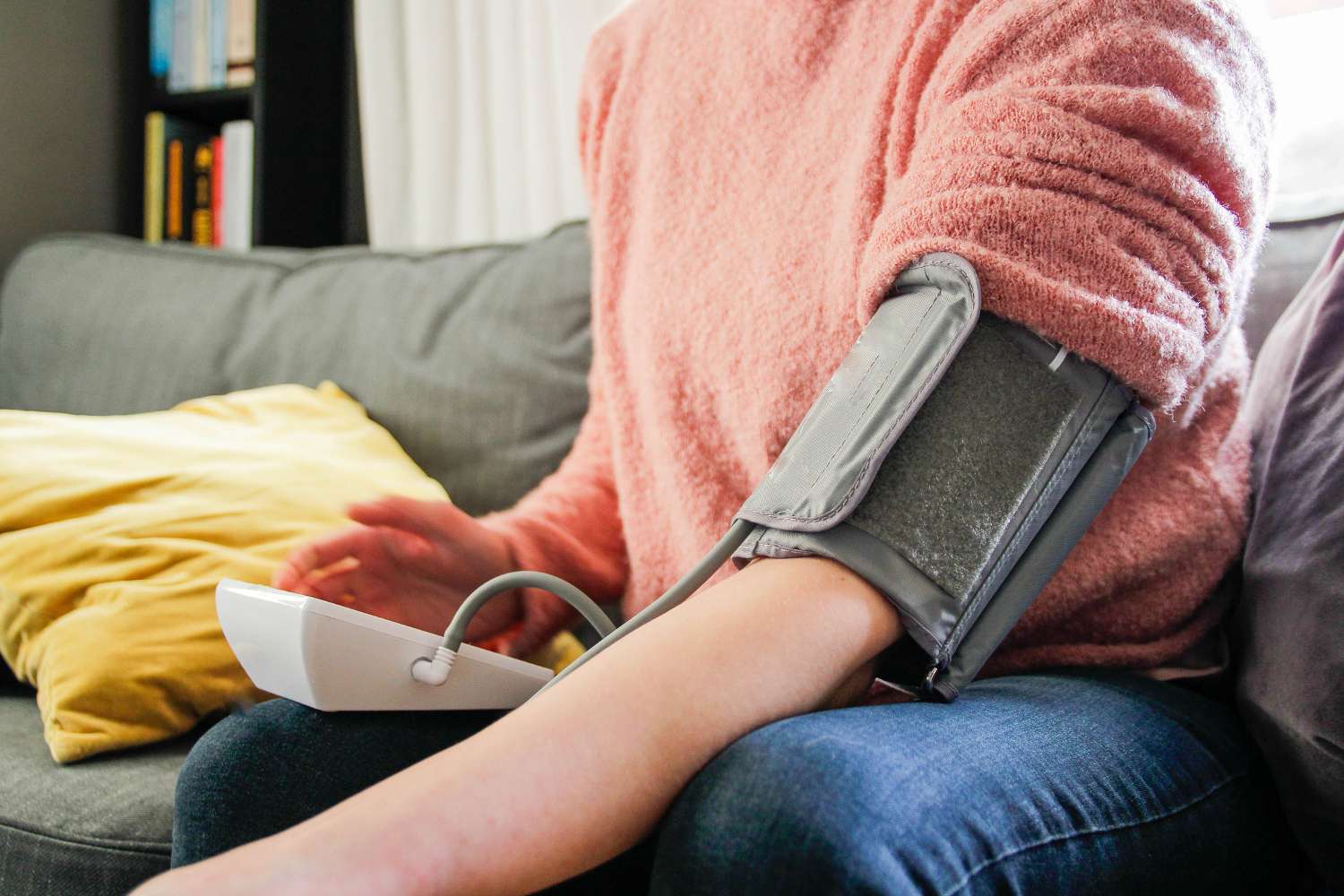Are you concerned about your blood pressure and looking for ways to improve it? One effective strategy that you may not have considered is losing weight. It turns out that shedding those extra pounds can have a significant impact on your blood pressure levels. So, if you’re ready to take charge of your blood pressure, keep reading to discover how losing weight can have a positive impact on your cardiovascular health.

Contents
Does Losing Weight Lower Blood Pressure?
Yes, losing weight can significantly lower blood pressure, especially for individuals who are overweight or obese. Here’s a breakdown of the connection:
How Weight Affects Blood Pressure?
- Increased blood volume: Excess body weight translates to more blood volume your heart needs to pump, raising pressure on your blood vessel walls. Imagine trying to inflate a small balloon vs. a large one – more effort is needed for the larger one.
- Inflammation: Fat tissue, particularly around the belly, releases inflammatory compounds that can damage blood vessels and stiffen them, making blood flow harder and requiring higher pressure.
- Hormonal changes: Excess weight can disrupt hormones like insulin and leptin, leading to sodium retention and increased blood pressure.
Benefits of Weight Loss for Blood Pressure
- Reduced blood volume: Even modest weight loss, like 5-10% of body weight, can significantly reduce blood volume, easing the pressure on your heart and vessels.
- Improved blood vessel health: Losing weight can reduce inflammation and improve blood vessel flexibility, allowing for smoother blood flow and lower pressure.
- Balanced hormones: Weight loss can help regulate hormones like insulin and leptin, contributing to lower sodium retention and improved blood pressure control.

Research and Evidence
Numerous studies have supported the positive connection between weight loss and blood pressure reduction. For example:
- A large meta-analysis found that for every 1 kg (2.2 pounds) of weight loss, systolic blood pressure dropped by 1.5 mmHg and diastolic blood pressure by 1.0 mmHg.
- The DASH (Dietary Approaches to Stop Hypertension) diet, which emphasizes fruits, vegetables, whole grains, and low-fat dairy, has been shown to lower blood pressure by an average of 8-11 mmHg, even without weight loss.
How To Control High Blood Pressure Without Medication?
If you’re looking to manage high blood pressure without relying on medication, there are several lifestyle changes you can make that can have a significant impact on your blood pressure levels. Taking charge of your health and implementing these strategies can help you achieve better control over your blood pressure:

- Dietary Modifications: Start by adopting a healthy eating plan, such as the DASH (Dietary Approaches to Stop Hypertension) diet. This plan emphasizes consuming fruits, vegetables, whole grains, lean proteins, and low-fat dairy products while reducing the intake of saturated fats, cholesterol, and sodium.
- Weight Loss: Losing excess weight can play a crucial role in managing high blood pressure. Aim for gradual, steady weight loss by incorporating regular physical activity and making healthy food choices. Research suggests that for every 20 pounds lost, systolic blood pressure can lower by approximately 5-20 points.
- Regular Physical Activity: Engaging in regular aerobic exercise, such as brisk walking, swimming, or cycling, can have a positive impact on your blood pressure. Aim for at least 150 minutes of moderate-intensity aerobic activity or 75 minutes of vigorous-intensity activity each week.
- Reducing Sodium Intake: Reducing your sodium consumption can help lower blood pressure. Opt for fresh, whole foods instead of processed ones, and limit adding salt to your meals. Be mindful of hidden sources of sodium such as canned foods, sauces, and packaged snacks.
- Stress Management: Chronic stress can contribute to high blood pressure. Incorporate stress reduction techniques into your daily routine, such as deep breathing exercises, meditation, yoga, or engaging in activities you enjoy.
Frequently Asked Questions
What are the potential side effects of weight loss?
Weight loss can lead to changes in the body and mind. Some individuals may experience feeling cold or having trouble sleeping. Sagging skin and stretch marks may also occur. Additionally, weight loss can affect relationships with oneself and others.
What is the 30-30-30 rule for weight loss?
The 30-30-30 rule is a weight loss method that involves consuming 30 grams of protein within 30 minutes of waking up, followed by 30 minutes of low-intensity exercise. This method does not involve any other specific rules, restrictions, or calorie counting.
How does weight loss affect blood pressure?
Research suggests that for every pound lost, blood pressure can decrease by a point. Therefore, a 10-pound weight loss can potentially lower blood pressure by 10 points, resulting in a significant decrease.
What are some recommended drinks for high blood pressure?
Drinks that can benefit high blood pressure include apple juice, beet juice, low-fat or fat-free milk, pomegranate juice, and water.

Hello, I’m Ravindra. Over the years, I’ve immersed myself deeply into the world of fitness and health, transforming both my body and mind. Writing has allowed me to share my journey, insights, and expertise with those just starting out and seasoned fitness enthusiasts alike. Beyond just routines and diets, I believe in inspiring others to adopt a holistic approach to well-being.
